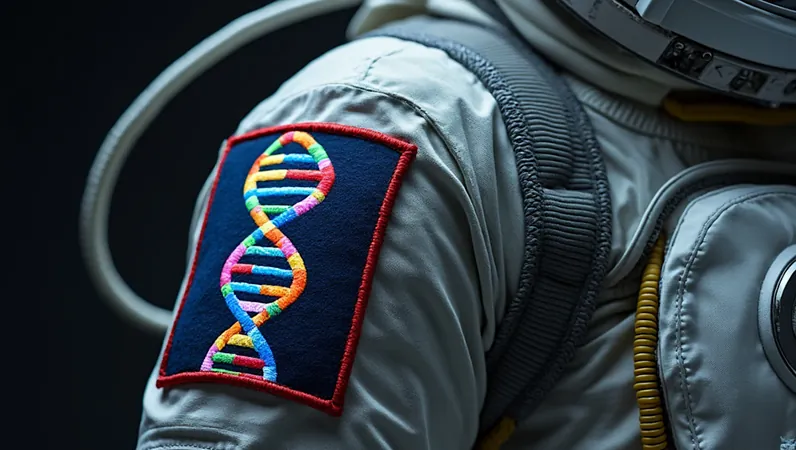
Groundbreaking Findings in Space Life Science: What NASA's Latest Research Reveals
2024-12-02
Author: William
Groundbreaking Findings in Space Life Science: What NASA's Latest Research Reveals
NASA's ongoing investigations into the effects of space travel continue to unveil remarkable insights into human biology and the challenges of living in microgravity. The latest findings, published in November 2024, shed light on critical issues ranging from artificial gravity impacts to metabolic stress in space.
1. Artificial Gravity and Vision Health
A study by Kremsky et al. reveals that artificial gravity can significantly reduce negative changes in the optic nerve and retina caused by spaceflight. This work, part of NASA's efforts aboard the International Space Station (ISS), emphasizes the potential of artificial gravity as a therapeutic measure to protect astronaut vision during long-duration missions. The recent research, published in International Journal of Molecular Sciences, offers a new perspective on mitigating space-related health risks in ocular health.
2. Musculoskeletal Adaptations to Microgravity
Research led by Poveda and colleagues focuses on the thoracolumbar spine, demonstrating changes in muscle size and composition over extended missions. Their findings highlight the critical need for tailored exercise regimens to maintain astronaut health during long flights, with implications for future deep-space missions.
3. Age, Exercise, and Bone Health
In another study, Park et al. delve into how aging affects vascular function and bone blood flow. Their research shows that regular exercise may restore some of the bone health diminished by age and microgravity, underscoring the importance of physical activity for astronauts as they age in space.
4. Cancer Risks from Space Radiation
An alarming study from Stolc et al. indicates that metabolic stress from radiation in space can induce mutations in mice, hinting at potential cancer risks for astronauts. This timely research spurs urgent discussions on health regulations and protective measures needed for future longer missions.
5. Effects of Microgravity on Immune Response
Okamura and team investigate the skeletal and immune system responses to different gravity conditions, introducing new understandings about how microgravity impacts human biology. These results could inform strategies not only for human health in space but also for addressing similar concerns on Earth.
6. Exploring the Genetic Toolkit of C. elegans
Zhang et al.'s study reveals significant transcriptional changes in C. elegans exposed to simulated space conditions. This work is crucial for understanding genetic responses to space-related stressors and could pave the way for advances in biomedicine and genetic engineering.
7. Future Missions and Essential Preparations
Highlighted in ongoing discussions is the critical role of understanding the physiological impacts of microgravity to prepare for future missions to Mars and beyond. Addressing the potential for motor performance disturbances from various stressors will be key for astronaut effectiveness in demanding space environments.
These findings illustrate the profound impact of space travel on biological systems and emphasize the need for continued research to safeguard astronaut health. As NASA prepares for ambitious future explorations, every piece of research becomes a building block toward a safer, healthier journey into the cosmos. Keep an eye out for new studies that may transform our knowledge of space medicine!


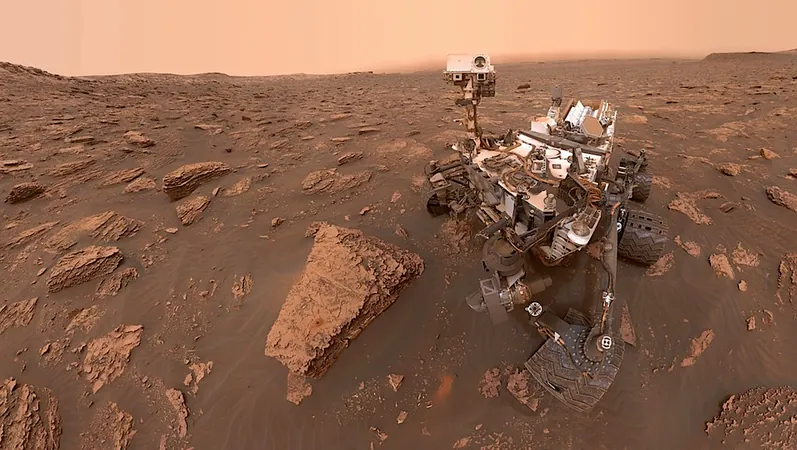
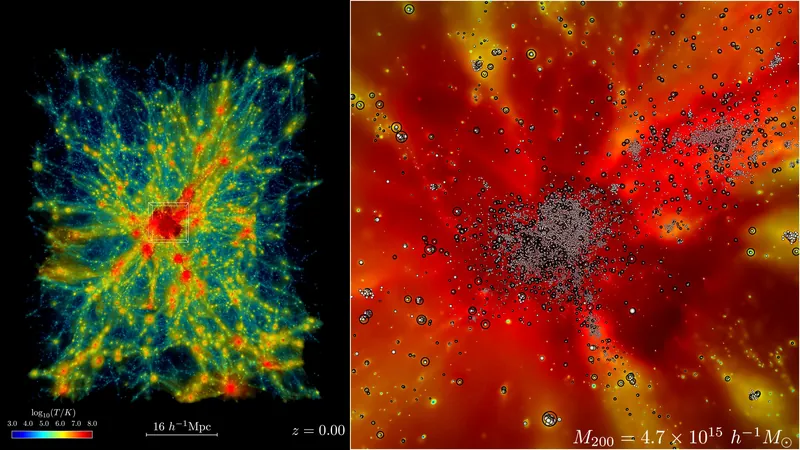
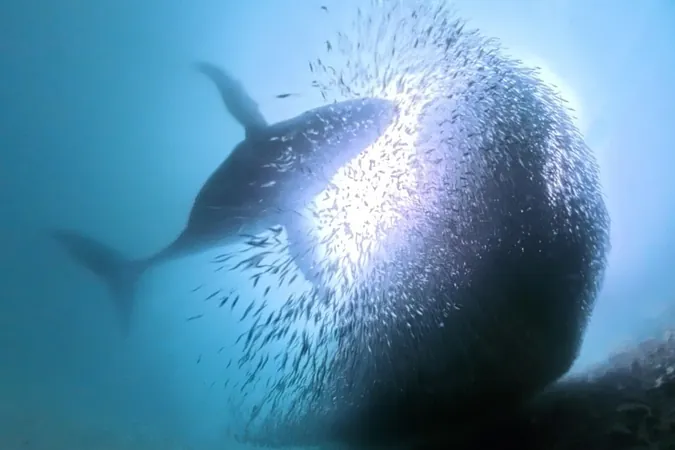


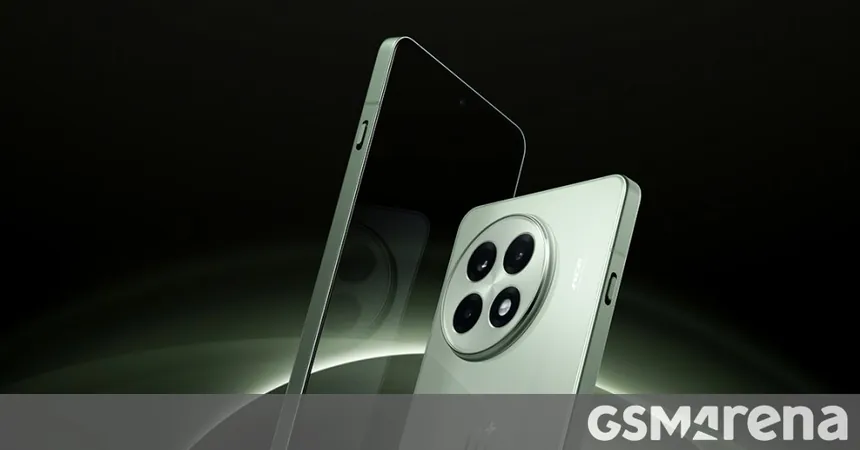

 Brasil (PT)
Brasil (PT)
 Canada (EN)
Canada (EN)
 Chile (ES)
Chile (ES)
 España (ES)
España (ES)
 France (FR)
France (FR)
 Hong Kong (EN)
Hong Kong (EN)
 Italia (IT)
Italia (IT)
 日本 (JA)
日本 (JA)
 Magyarország (HU)
Magyarország (HU)
 Norge (NO)
Norge (NO)
 Polska (PL)
Polska (PL)
 Schweiz (DE)
Schweiz (DE)
 Singapore (EN)
Singapore (EN)
 Sverige (SV)
Sverige (SV)
 Suomi (FI)
Suomi (FI)
 Türkiye (TR)
Türkiye (TR)